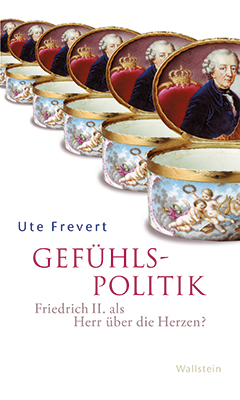- Bücher
- Neuerscheinungen
- Literatur
- Editionen
- Gegenwart
- Geschichte
- Nationalsozialismus
- Holocauststudies und Antisemitismusforschung
- Jüdische Geschichte und Kultur
- Biographien
- (Post-)Kolonialismus
- Geschlechter und Körper
- Public History
- Nordwestdeutsche Landesgeschichte
- Osteuropäische Geschichte
- Wirtschafts- und Sozialgeschichte
- Zeitgeschichte
- Frühe Neuzeit und Neuzeit
- Mittelalter
- Reihen und Jahrbücher
- Literaturwissenschaft
- Kulturwissenschaft und Philosophie
- die HOREN
- Konstanz University Press
- Weidle
- Reihen
- E-Books
- Autorinnen / Autoren
- Open Access Books
- Lesungen
- Verlag
- Kontakt


